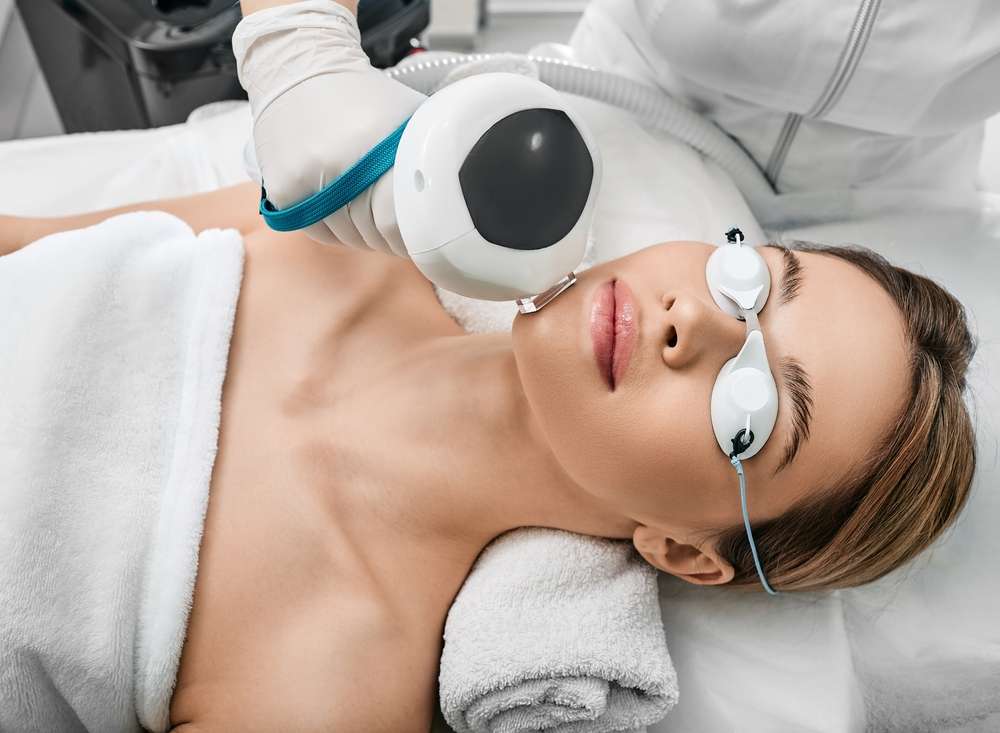Laser Skin Rejuvenation: Advanced Treatments for Radiant Skin
Discover how modern laser skin treatments use focused light energy to refresh your complexion and tackle concerns like fine lines, acne scars, hyperpigmentation and uneven texture. Learn about the benefits, risks, typical costs, and how to prepare so you can make an informed choice with your dermatologist or aesthetic provider.

Laser procedures have transformed aesthetic dermatology by providing targeted, non-surgical options to improve skin tone, texture and signs of aging. Using concentrated light energy, different laser systems stimulate collagen, remove damaged layers, or treat pigment and vascular issues. Below is a practical guide to what lasers can treat, their advantages and possible downsides, typical pricing, preparation tips, and how to choose the right provider.
What skin concerns can laser therapies treat?
Laser treatments are highly versatile and can address a wide range of dermatologic issues. Common targets include:
- Fine lines and wrinkles: Ablative and non-ablative lasers can boost collagen production and smooth creases.
- Sun damage and age spots: Pigment-targeting lasers and intense pulsed light (IPL) reduce brown spots caused by sun exposure.
- Acne scars and other scarring: Fractional resurfacing and targeted lasers help remodel scar tissue and improve texture.
- Uneven skin tone and texture: Resurfacing lasers refine rough skin and minimize discoloration.
- Enlarged pores: Collagen-stimulating lasers can shrink pore appearance over time.
- Rosacea and facial redness: Vascular lasers reduce visible blood vessels and persistent redness.
- Unwanted hair: Long-pulse lasers like Nd:YAG or alexandrite safely reduce hair growth in many skin types.
The ideal choice depends on your skin type, the condition being treated, and your recovery tolerance. A board-certified dermatologist or experienced laser clinician will recommend the appropriate device and protocol.
Benefits of laser skin rejuvenation
Lasers offer several clear advantages over more generalized or surgical approaches:
- Precision: Energy can be directed to problem areas while minimizing impact on surrounding tissue.
- Customization: Settings and wavelengths are adjusted for individual skin types and goals.
- Minimal downtime options: Many non-ablative lasers let patients return to work quickly; ablative treatments deliver stronger results with longer recovery.
- Durable improvements: With proper maintenance and sun protection, results can last months to years.
- Non-surgical: No incisions are required, reducing surgical risks and scarring potential.
- Natural stimulation: Many devices trigger your skin’s own repair mechanisms, promoting collagen and elastin production for gradual, natural-looking improvement.
Potential risks and side effects
When performed by trained professionals, laser procedures are generally safe, but some risks exist:
- Temporary redness and swelling are common immediately after treatment.
- Mild discomfort during and shortly after the session; topical anesthetic may be used for stronger resurfacing.
- Hyperpigmentation or hypopigmentation can occur, particularly in darker skin tones if inappropriate settings are used.
- Infection risk if aftercare instructions are not followed.
- Scarring is rare with modern equipment but remains a possible complication.
A pre-treatment consultation should assess your skin type, medical history, and medication use to reduce risks and set realistic expectations.
Typical costs and session expectations
Cost varies by device, treatment area, number of sessions, and geographic location. Many clinics offer package pricing for multiple sessions. Below is a general pricing reference:
| Treatment Type | Average Cost per Session | Typical Number of Sessions |
|---|---|---|
| Fractional Laser | $1,000 - $2,500 | 3-5 |
| IPL (Intense Pulsed Light) | $300 - $600 | 3-6 |
| CO2 Laser Resurfacing | $2,000 - $4,000 | 1-2 |
| Nd:YAG Laser | $400 - $800 | 4-6 |
| Erbium Laser | $1,500 - $2,500 | 1-2 |
Prices, rates, or cost estimates mentioned in this article are based on the latest available information but may change over time. Independent research is advised before making financial decisions.
How to prepare for laser treatment
Proper preparation improves results and lowers complication risks. General recommendations include:
- Avoid direct sun exposure and tanning for at least two weeks before treatment; sunburn can delay or cancel a session.
- Stop topical retinoids, exfoliating acids, and other harsh products as directed by your provider prior to the procedure.
- Inform your clinician about all medications, supplements, and any history of cold sores; antiviral medication may be prescribed to prevent outbreaks.
- Cleanse your skin thoroughly on the day of treatment and avoid makeup or moisturizers.
- If possible, arrange transportation home for more intensive treatments that use sedation or heavy topical anesthetic.
Follow any device-specific instructions your practitioner provides—different lasers may require unique pre- and post-care steps.
Choosing a provider and what to expect
Select a board-certified dermatologist or licensed, experienced laser specialist. During your consultation, expect a skin assessment, discussion of goals, explanation of the chosen technology, estimated number of sessions, likely downtime, and before-and-after photos. Ask about the provider’s experience with your skin type and request details on follow-up care.
Treatments range from quick in-office procedures to full resurfacing with several days of recovery. Results can appear gradually (collagen remodeling) or more immediately (pigment reduction), depending on the device used.
Laser skin rejuvenation can deliver meaningful improvements in tone, texture, and signs of aging for many patients. By understanding what each laser does, weighing benefits versus risks, budgeting appropriately, and following pre- and post-care instructions, you can make an informed decision and enhance your chances of a successful outcome.
This article is for informational purposes only and should not be considered medical advice. Please consult a qualified healthcare professional for personalized guidance and treatment.




